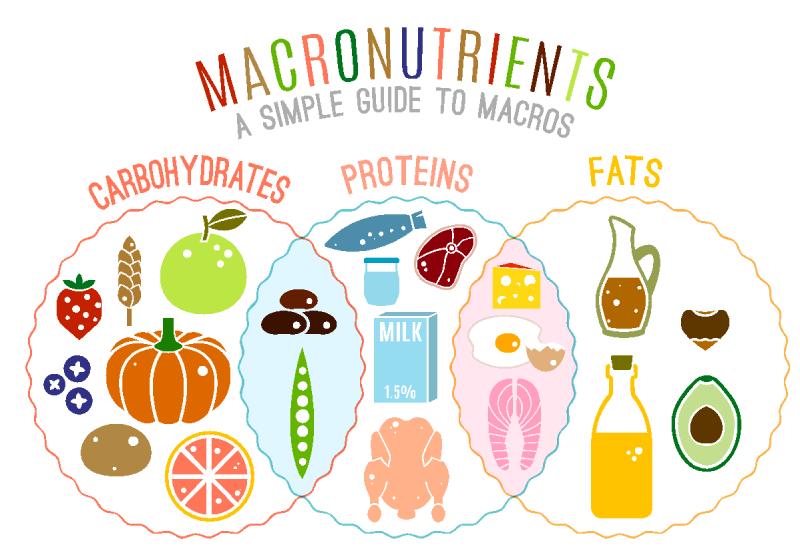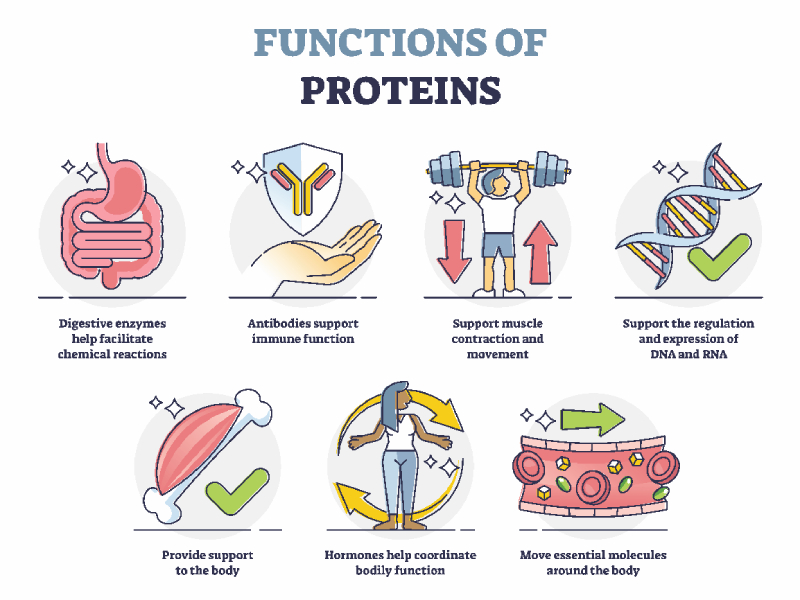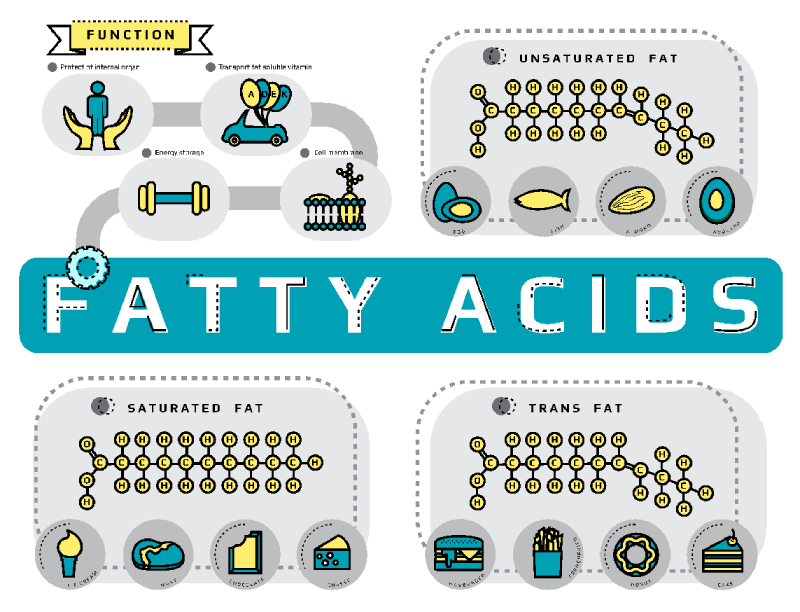Clean eating generally refers to a healthy, longevity diet that is NOT the ‘SAD Diet’ or the Standard North American Diet. The Sad Diet typically consists of ultra-processed foods, added sugar, fat, and sodium. Consumption of fruits, vegetables, whole grains, legumes, and lean protein is greatly lacking in this diet. Naturopathic practitioners emphasize consuming fruits, vegetables, whole grains, legumes, and lean protein, which are greatly lacking in this diet. This approach to eating prioritizes whole foods and balanced nutrition to support overall health and well-being, aligning with the principles of clean eating and a balanced diet.
Benefits of a Longevity Diet
A longevity diet offers numerous health benefits by focusing on whole, nutrient-dense foods and minimizing processed foods. This approach to eating can help reduce the risk of chronic diseases, such as heart disease, diabetes, and obesity. Clean eating promotes better digestion, improved energy levels, and improved mental clarity. By incorporating a balanced diet rich in healthy foods like fruits, vegetables, whole grains, and lean proteins, you support your body’s natural detoxification processes and boost your immune system. Ultimately, following a longevity diet can lead to a healthier, longer life by providing essential nutrients and fostering overall well-being.
Balanced Plates:
Balanced eating goes together with clean eating because ‘you can have too much of a good thing’. Balance has to do with managing the amount of ‘macronutrients’ in your diet and on your plate. A ‘balanced plate’, if you were looking from above, might consist of 50% fruit or vegetables, 25% starchy foods (like grains and root vegetables) and 25% protein.

Balanced Macronutrients:
Macronutrients include carbohydrates, fats and proteins. Many trendy diets base their recommendations on modifying macronutrient intake or portions. What are these macronutrients?

Carbohydrates:

Carbohydrates (Fruits, Vegetables, Grains, Beans!) are the main fuel source and nutrient source for the body. They are the exclusive fuel source for the brain. Carbohydrates provide food for our delicate microbiome (gut bacteria) that perform many crucial functions. The fibers found in most carbohydrates help to aid in detoxification through binding fats and toxins and through improving the quality of elimination (pooping!)
Protein:

Proteins (Meats, Fish, Beans, Dairy, Eggs ) form the backbone of important hormones. They play a role in important functions such as the formation of your hemoglobin (your blood), thyroid hormone (your internal thermostat) and insulin production (your internal sugar control). Proteins also literally build your muscles, connective tissues etc.
Protein deficiency can result in grey, dull skin, acne, hair loss, hair thinning, poor concentration, low energy, fatigue and easy bruising. Proteins break down/provide amino acids that are crucial to many functions including detoxification and metabolism.
Functions of Proteins:

Fats:

Fats (Animal Protein, Fish, Eggs, Avocados, Nuts and Seeds, Vegetable Oils) help to form the cell membranes in your body – especially in the nervous system. They help with cellular communication. A deficiency in fats can affect mood and mental clarity, and aggravate pre-existing mental health conditions or autoimmune conditions.
Fats are precursors to sex steroid hormones that are precursors to estrogen, progesterone and cortisol. A deficiency in fats affects the menstrual cycle, fertility, menopausal symptoms, acne, libido and stress response.
Fats provide an efficient alternative fuel source.
Fats/Carry supply important vitamins such as Vitamin D, E, K and A.
Functions of Fats:

How do I Manage my Macronutrients to Live a Long and Healthy Life?
Consuming a diet low in carbohydrates is particularly popular right now as a method for managing healthy weight loss, high blood pressure and blood sugar control or ‘metabolic syndrome’. This approach is tempting because it often helps. However, as you can see from above, carbohydrates serve an important function in our body and should not be restricted over long periods of time in most people.
Much of the evidence points to the long-term health benefits of a Mediterranean Diet or a ‘Cardio Metabolic Diet’ for metabolic syndrome.
This Mediterranean Diet is a holistic diet with wide-ranging health benefits. It focuses on the daily consumption of vegetables, fruits, whole grains, and healthy fats, with the occasional addition of fish and poultry throughout the week. The recommended macronutrient ratio is 50% Carbs; 30% Fats; 20% Protein.
While a Cardio-metabolic diet is similar, the macronutrient ratios are closer to 40% Carbs; 30% Fats; 30% Protein.
Key healthy foods to eat: Copious amounts of vegetables and moderate amounts of fruit, in addition to whole grains, beans, nuts, and seeds. Fish, lean meat and poultry, are eaten in moderation. Fresh fruit is the typical daily dessert and olive oil is the primary source of fat.
Key foods to avoid: Fried foods, hydrogenated oils, refined carbohydrates or baked goods beverages with added sugar or sweeteners, and fatty, processed meats.
Both diets are safe and effective at promoting long-term health, the Cardio-Metabolic Diet is probably most successful with long-term management of the metabolic syndrome.
Expert Tip: The best way to manage macronutrients is to download an app that tracks macronutrients and can keep you on track. If you are not tech savvy, following the ‘balanced plates’ approach is the best way to approximate a balanced macronutrient and longevity diet.
Personalized Guidance for a Balanced Diet and Healthy Lifestyle
At Innate Wellness, we aim to help you achieve a healthy lifestyle with therapies and consultations discussing lifestyle factors and clinical nutrition like balanced diets and clean eating. Our naturopathic services ensure you receive specific advice for your needs. For personalized guidance on improving your lifestyle, health and longevity, contact us today to learn more about longevity diets and our services.







